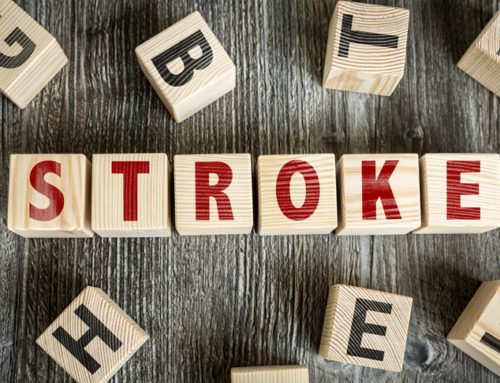If you experience an occasional flutter in your heart rate, it might be atrial fibrillation. This is the most common type of heart arrhythmia and it affects two to three million Americans each year.
Many people underestimate the stroke risk of someone with atrial fibrillation, according to Dr. Patrick Ellinor, a cardiac electrophysiologist at Massachusetts General Hospital. He noted recently that people with that condition are five times as likely to have a stroke as people who do not have AFib.
The problem starts in the upper chambers of the heart. The atria beat irregularly due to disorganized electrical charges from the brain. So, blood that is in the atria does not pump properly into the lower ventricles. The heart beat loses rhythm, and the ventricles may beat much faster than normal.
This may cause blood to collect in the upper chamber, which can lead to blood clots. Blood clots then can travel through the blood vessels and lodge in the brain, causing a stroke.
AFib is more common as you age, and is more common in patients with hypertension, are obese and have sleep apnea.
Common symptoms of AFib are:
- Shortness of breath
- Heart palpitations
- Fatigue
- Irregular heart beat
About 30% of people with AFib do not have any symptoms either, according to Ellinor. The disorder can often be located in an electrocardiogram screening. Blood thinners can help to control the problem, and there are medical procedures available that can reduce AFib.
You can reduce your chances of developing the condition, and reduce your stroke risk. Here’s how:
- Keep a healthy weight.
- Exercise at least three times per week.
- Do not smoke.
- Eat a healthy diet.
Stroke Products
If you or your loved one has suffered a stroke, there are helpful products that make living with a stroke a lot easier than ever. The Easy Grip-In Mug is designed for people with weak hands from a stroke or any other disability that affects hand movements:







